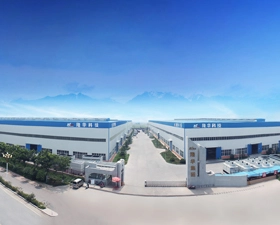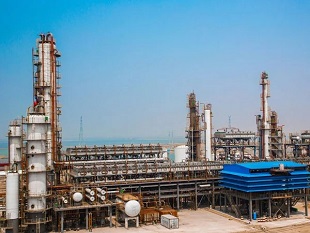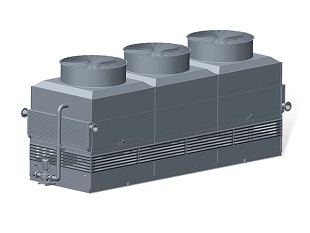Wheeled tractors play a critical role in modern farming practices. However, as agricultural operations grow in size and scale, the use of tractors can have significant environmental impacts, particularly in terms of soil compaction, fuel use, and greenhouse gas emissions. Therefore, it is essential to adopt sustainable and efficient practices to reduce the environmental footprint of tractors on farms.
One approach to ensuring the sustainability of wheeled tractors on farms is to adopt precision farming practices. Precision farming involves the use of technology to monitor fields, optimize crop inputs and reduce input waste, and is therefore much more environmentally friendly and efficient. By using precision farming techniques, farmers can ensure the efficient use of wheeled tractors on their farms and minimize the environmental impacts associated with tractor use.
Another approach to improving sustainability is to optimize tractor use through better maintenance practices. Tractors that are well-maintained tend to be more fuel-efficient and less polluting. Proper maintenance, such as regular oil changes, cleaning or replacing air filters, and proper tire pressure, can help farmers save fuel and reduce the emissions of greenhouse gases. It also prolongs the lifetime of the machinery, reducing waste and resource use.
Farmers can also reduce their environmental footprint by making smart choices when selecting their machinery. They can choose from tractors that use advanced diesel engines, which emit fewer pollutants and consume less fuel. Additionally, farmers can invest in the latest technologies such as electric tractors, which have zero emissions, lower operating costs and are less noisy than traditional combustion engines.
In conclusion, sustainable and efficient use of wheeled tractors on farms is paramount for reducing environmental impacts and promoting overall sustainability in agriculture. Practices such as precision farming, better maintenance, and wise selection can contribute to achieving this goal.

- Home
-
Products
Vibration-Damping Fasteners Upper Self-locking Double-layer Non-linear Vibration Damping Fasteners Double-Layer Nonlinear Vibration Reduction Fastener With Shoulders FST Type High Torsion Resistance High Vibration Damping Fastener Turnout Vibration Damping Fastener Rail DamperSynthetic Rail SleeperApplication Semiconductor Display and Semiconductor Integrated Circuit Solar Photovoltaic, Sapphire, MOCVD Equipment, Medical CT Equipment, High-temperature Heating Furnace and Other Industries Molybdenum Material Deep Processing, Steelmaking and Other Industries New Energy, Rare Earth Permanent Magnet, Structural Ceramics, NdFeB Vacuum Equipment Industry

-
Application
ApplicationApplication Fields of New Electronic Materials
- Semiconductor Display and Semiconductor Integrated Circuit
- Solar Photovoltaic, Sapphire, MOCVD Equipment, Medical CT Equipment, High-temperature Heating Furnace and Other Industries
- Molybdenum Material Deep Processing, Steelmaking and Other Industries
- New Energy, Rare Earth Permanent Magnet, Structural Ceramics, NdFeB Vacuum Equipment Industry
- About Us
- Branches
- Contact Us
- News
 EN
EN
 jp
jp  ko
ko  fr
fr  de
de  es
es  it
it  ru
ru  pt
pt  ar
ar  tr
tr 






















